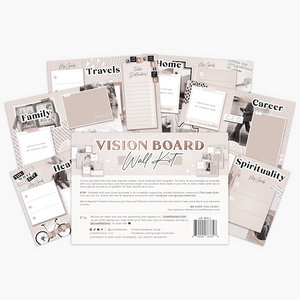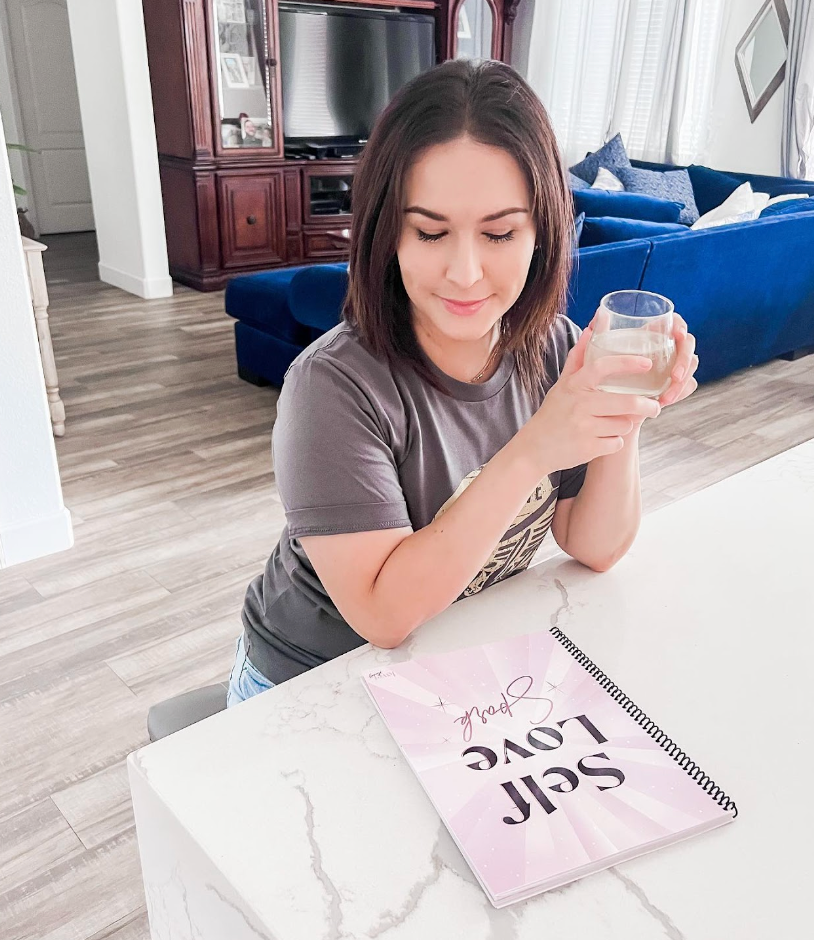Self love. What a concept!
For many people, it stays that way: a concept. :(
Are they missing out by passing on self love?
To be blunt, it doesn’t need to be your business if they're missing out. This blog post is about you and how other people’s outlook on things shouldn’t tamper with your self love journey.
“Is Self Love Overrated?”
You know it’s not. There’s a reason why you’re reading this.
But to better understand why self love is so important, let’s deconstruct what happens in life without it.
- Without self love, your ability to cope in high-stress situations is limited.
- Without self love, you are more susceptible to anxiety and depression.
- Without self love, you struggle with self worth and fulfillment in life.
- Without self love, the relationships around you can hurt, friends and family.
Why is that? Is there a science behind self love?
The evidence behind self love is overwhelming. You probably don’t see much on it because there’s another term for “self love”. In science fields, the term for self love is self-positivity bias.
The Brain and Behavior Foundation’s President & CEO Jeffrey Borenstein, M.D., explains, “Self-love means having a high regard for your well-being and happiness. Self-love means taking care of your needs and not sacrificing your well-being to please others. Self-love means not settling for less than you deserve.”
In a study published in the National Library of Medicine by Eric Fields and Gina Kuperberg, they explain that self love is argued as a key component to a quality life.
“Positively biased self-views are a key component of healthy psychological functioning, influencing self-esteem, motivation, and determination (Taylor and Brown, 1988). Indeed, a lack of a self-positivity bias (or even a self-negativity bias) may contribute to mood and anxiety disorders (Beck et al., 1979; Taylor and Brown, 1988; Shestyuk and Deldin, 2010; Goldin et al., 2013).”
How do I know if it is self love or being “full of yourself”?
There are limitations to the studies we’ve mentioned. Yes, self love is a powerful tool that can rewire your mind but it’s also something that needs to be practiced mindfully.
Why? There’s a dangerous line you’re teetering on when your self love bridges into toxic positivity. For example, you could hold such a strong opinion of yourself that you cannot make meaningful, non-transactional connections with others. Another example is that you could be so consumed by self love and a positive outlook that you’re out of touch with reality.
Fields and Kuperberg share another example in their study abstract that is a golden example of how damaging it can be:
Underestimating the likelihood of future health problems can stop us from taking preventative measures, and students’ unrealistic views of how well they understand material can undermine effective studying.
In other words, you could think you’re the happiest and healthiest person on the planet, but toxic positivity and self positivity biases can put health checkups on the back-burner. We all know that’s not a good thing.
How do I stay on course with Self Love?
There are various practices you can do to make sure you’re on a mindful track with self love. To name a few…
- Journaling
- Breathing exercises
- Practice gratitude
- Nurture internal values
- Use affirmations
Lovet Planners has a full Self Love Collection built out. For all of the bullet points listed, we recommend picking up the 90-Day Self Love Spark. It’s an undated journal dedicated to helping you strengthen the relationship you have with yourself.
NOTE: While on your self love journey, it’s worth assessing how much time you’re spending on social media each day. There are a lot of negativity biases out there that can impact your confidence, even if not directed at you.
Before you go, read this to yourself with your name:
P.S. - We send out curated intentions every month to our newsletter subscribers so make sure you’re signed up to receive updates via email. CLICK HERE NOW.




![Manifestation Memo Pad [DAILY]](http://lovetplanners.com/cdn/shop/files/Manifestingjournalplanner.png?v=1704323635&width=300)








